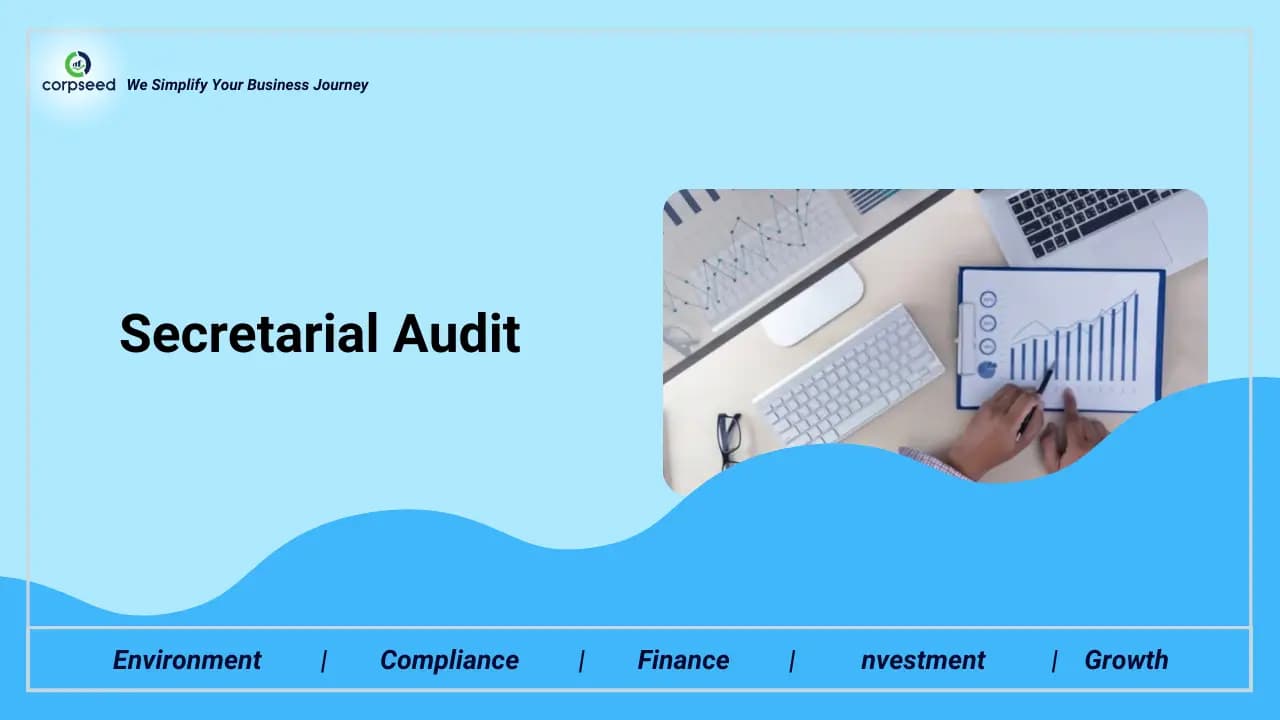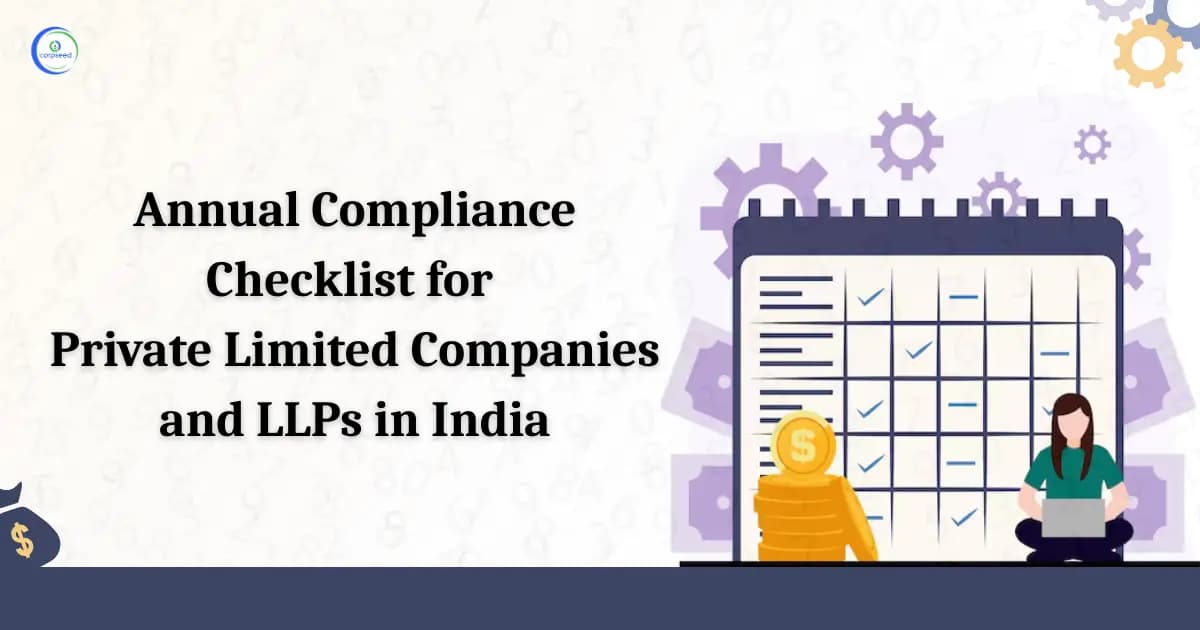
Loading...

It helps to identify any non-compliance done by company. Section 204 of Companies Act, 2013 and Listing Regulations restricts some companies to do the Secretarial Audit i
About the Author

Experienced Digital Marketer with a demonstrated history of working in the Internet industry. He likes to write about the latest technology trends, Skilled in Digital Marketing likes. Search Engine Optimization, SMO, SEM, PPC, Content Writing, and, Designing, etc.
Related articles

MCA Invites Stakeholders' Feedback to Simplify SPICe+ Part B Resubmission and Linked Forms
2026-01-03

Annual Compliance Checklist For Private Limited Companies And LLPs In India
2026-12-31

Step-by-step Guide to Registering a Company Online in 2026 (in India)
2026-12-29

Step-by-Step Guide: How to Register a Section 8 Company in India
2025-12-24

Annual Compliance For A Private Limited Company
2025-12-20

Why is the Rent Agreement in India only for 11 Months?
2025-12-19